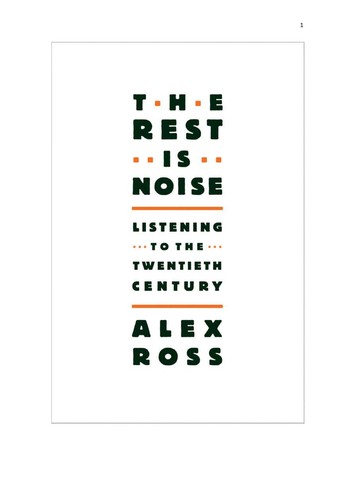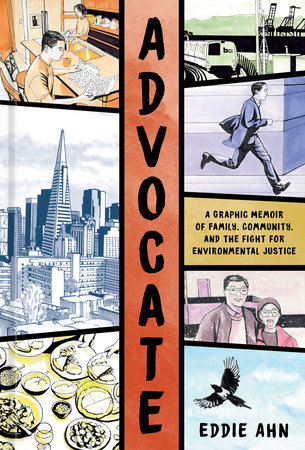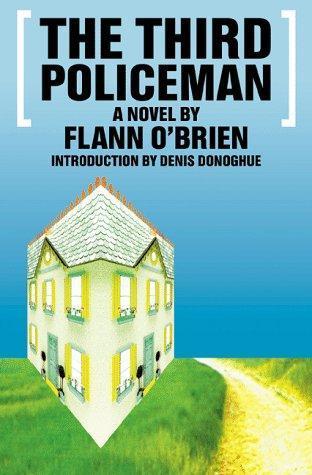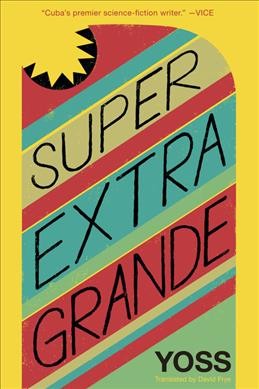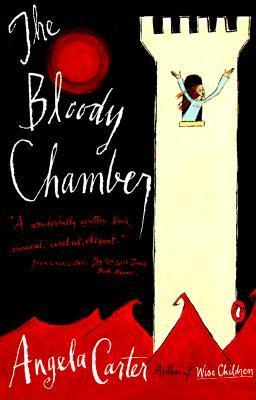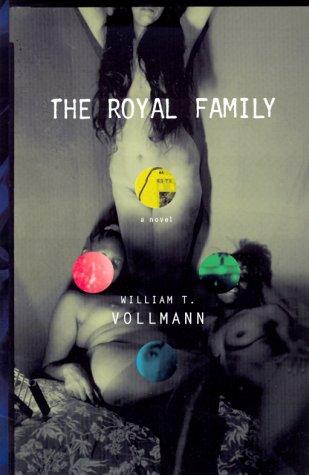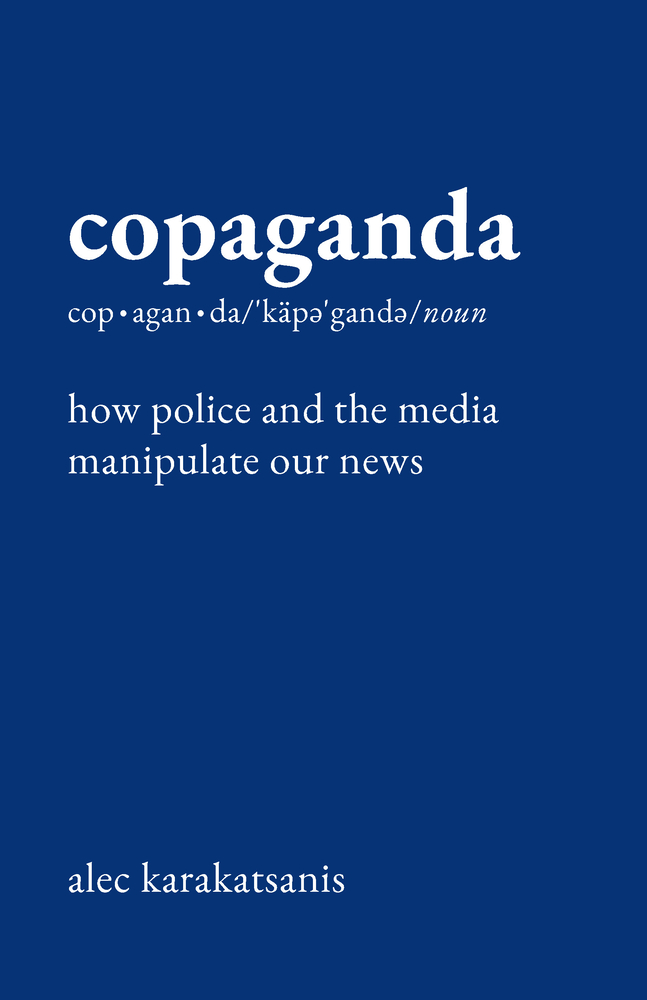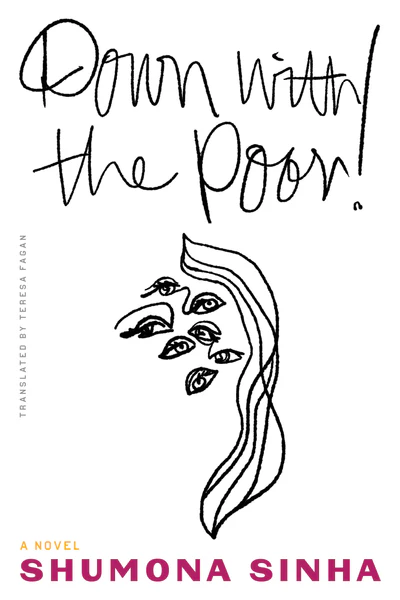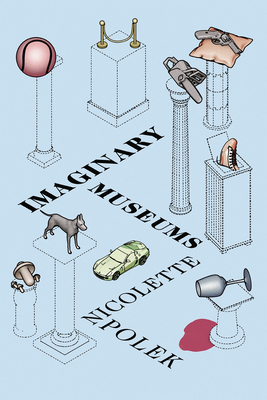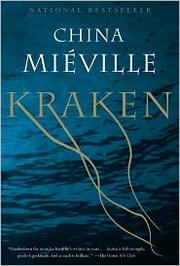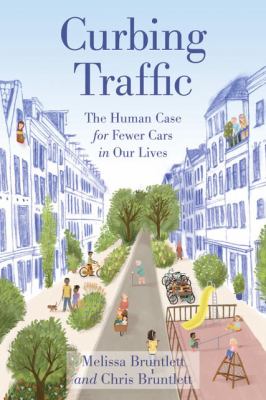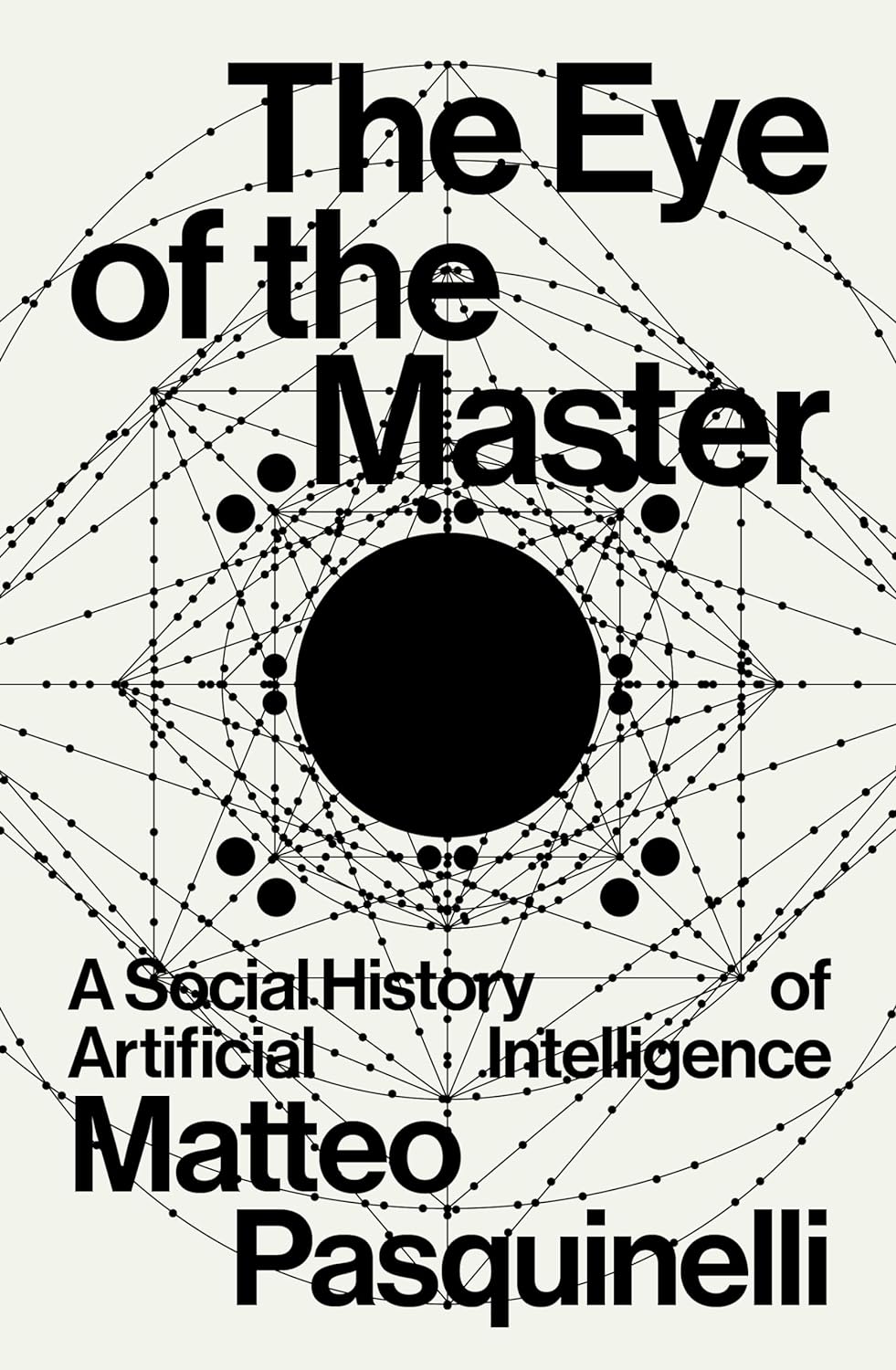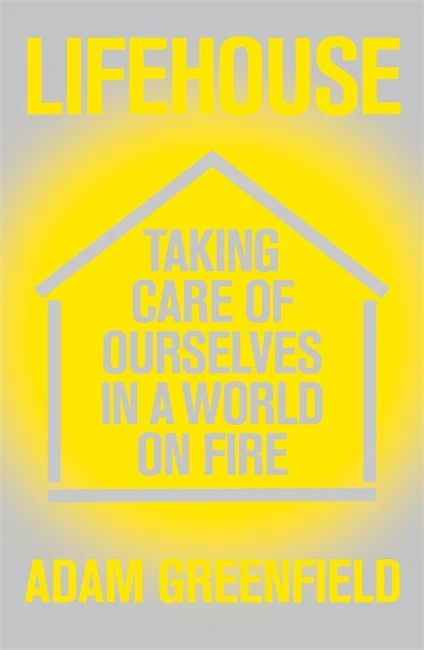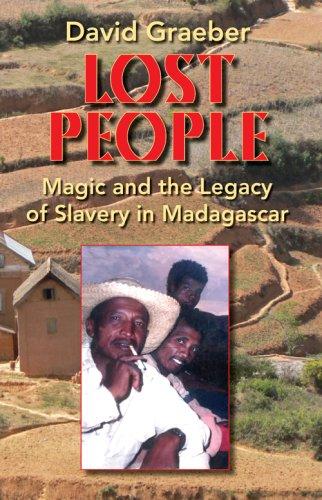Scott F quoted Copaganda by Alec Karakatsanis
Drug use was never a problem that powerful institutions addressed urgently because they cared about the health and well-being of all people. It was not a problem they viewed as so threatening that they calculated the extraordinary human and financial costs and found mass criminalization worth it. Instead, the expansion of the machinery of state power and profit amid social and racial inequalities was, in many overlapping ways, the impetus to search for policies like what became the war on drugs. The war on drugs was a solution in search of a problem.

